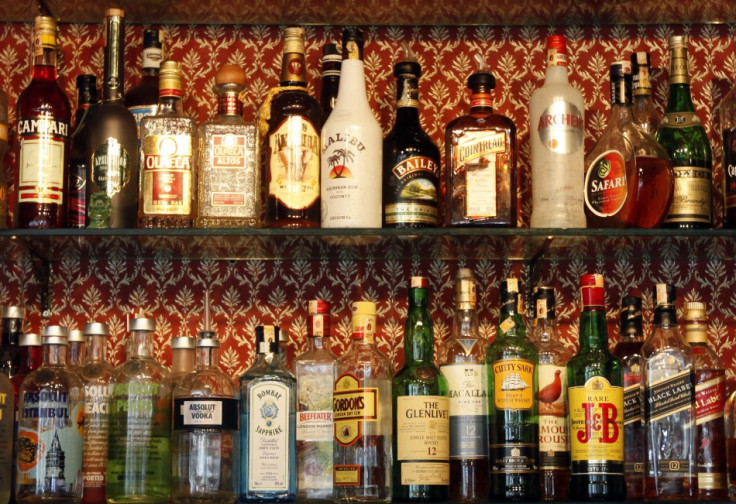Cigarettes and Alcohol 'Sin Taxes' Increase Revenue Without Discouraging Consumption
Price hikes force consumers to buy from black market, instead of discouraging consumption.

'Sin taxes' on cigarettes and alcohol might increase revenue, but they do not contribute to improving public health, a new study has found.
Researchers at the Adam Smith Institute have found that an increase in sin taxes will generate more revenue for the government without having a positive impact on public health.
The study claims that cigarette and alcohol taxes are so high that they force consumers to buy from the black market, instead of discouraging consumption.
Researchers found that sin taxes are more effective among moderate users than among heavy users, whose demand for cigarettes and alcohol is relatively constant.
A heavy smoker or an alcoholic is unlikely to reduce consumption because of a price rise, making sin taxes an unreliable way of reducing consumption or improving public health. A study has shown that previous rises in cigarette tax have made only 2.3 percent of smokers quit, whereas the other 97.7 percent just ended up paying more tax to buy cigarettes.
Researchers also believe that the taxes will hit the poorest the hardest and they claim that the taxes will force the poor to pay for the government's mishandling of public finances.
According to the researchers, minimum alcohol pricing is also deeply regressive, only affecting the cheaper drinks consumed by the poor. Punishing poor people for enjoying a drink or a cigarette exacerbates poverty and treats the poor like children who need to be controlled by the state.
Government officials usually claim that sin taxes are increased out of concern for reducing the consumption of alcohol and cigarettes. In contrast, the researchers found that the taxes only increase revenue without actually improving public health.
"Campaigners for sin taxes and minimum pricing often claim that 'healthy citizens' are forced to bear the cost of other people's lifestyles. In fact, the evidence shows that smokers take less from the communal pot than the average Briton and the money raised from alcohol duty comfortably pays for any burden drinking places on public services," Chris Snowdon, a researcher at the institute, said in a statement.
He said that if the aim of policy is to make individuals pay their way, the government should slash the beer tax and subsidise cigarettes. "We are not seriously suggesting the government does this, but if politicians insist on increasing taxes on these products, they should admit that the purpose is to raise revenue," he said.
The government is forcing those who are least likely to live to extreme old age to pay for the escalating costs of an ageing population, according to Snowdon.
"As we show in the report, amongst EU countries there is no relationship between alcohol prices and alcohol-related harm, nor is there an association between cigarette prices and smoking rates. The only significant effects that sin taxes have are to make the poor poorer and black marketeers richer," he added.
© Copyright IBTimes 2024. All rights reserved.





